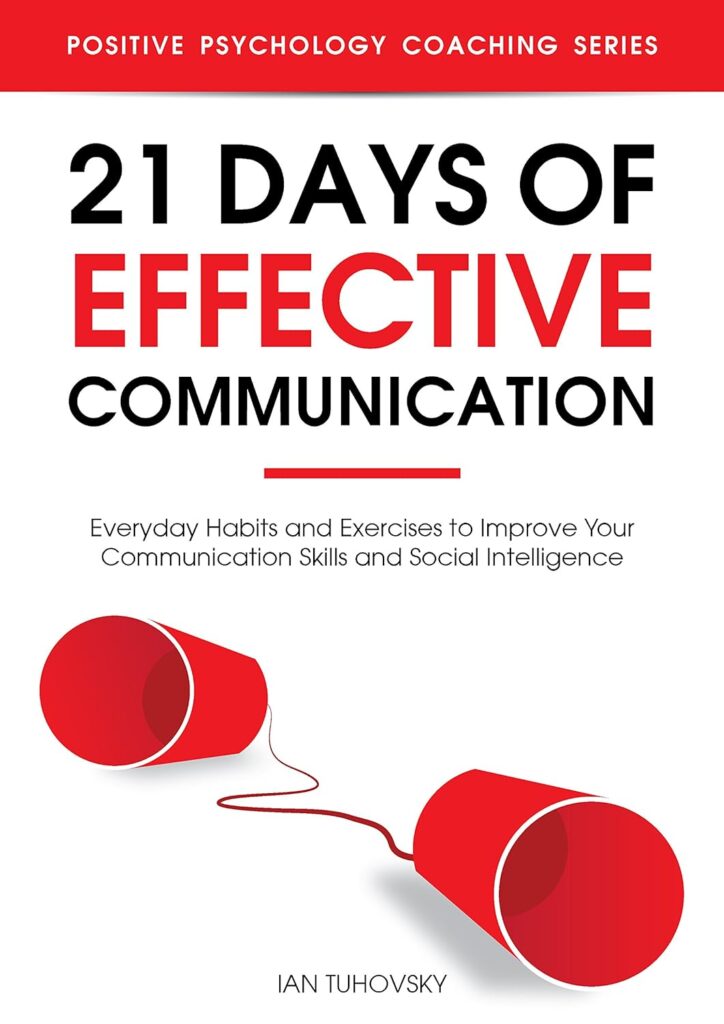We’ve all been there: trying to make a good impression, yet somehow falling flat. Here are some common social missteps that can make you seem unlikable without even realizing it.
1. Bully Banter
Bully banter is when you put someone down to make others laugh. You might think it’s all in good fun, but it can backfire, leaving the other person feeling hurt and making you seem unkind.
People often confuse playful teasing with bully banter. Playful teasing can build camaraderie if done correctly, but the key is to ensure everyone, including the person you’re teasing, is laughing.
Example:
Imagine you’re in a group and someone says, “I’m afraid of heights.” Instead of saying, “Really? What are you, a chicken?” try, “Well, that just means more rollercoaster rides for the rest of us!” This way, the person doesn’t feel targeted or embarrassed.
Another good example would be teasing someone about an obvious strength or something that’s clearly untrue. For instance, complimenting a friend known for their punctuality by saying, “Oh, here comes Mr. Always-on-Time!”
Avoid teasing someone about things they might be insecure about. Stick to light-hearted, non-personal topics, especially with people you don’t know well.
2. Mocking Someone’s Mistakes
Mocking someone for their mistakes, like their speech or a factual error, can make them feel small and embarrassed.
Sometimes people do this to appear smart or witty, but it usually has the opposite effect.
Example:
If someone says, “I seen that movie last night,” instead of correcting them with, “It’s ‘saw,’ not ‘seen,'” you could say, “Oh, I watched that too! What did you think of the ending?” This keeps the conversation positive and inclusive.
But if you do need to correct someone, do it gently and privately, or just let it slide.
Everyone makes mistakes. Highlighting them publicly can make you seem arrogant and unsympathetic.
3. The Negative Nancy
Being consistently negative about things others like can create friction and make you seem like a downer.
You want to be honest, but constant negativity can turn people off.
Example:
If you don’t share someone’s enthusiasm, ask questions to understand their perspective. For example, “I’ve never been to Vegas. Why do you like it?” Or, if someone mentions they love a particular band and you don’t, instead of saying, “I hate their music,” try, “I’ve never really gotten into their stuff. What do you like about them?” This shows interest in their perspective without being dismissive.
Find common ground by exploring why they like something and connecting on shared values.
4. Disrespectful Distractions
Getting distracted while someone is talking to you, like looking at your phone, can make them feel unimportant.
We’re all guilty of being glued to our phones, but it can come across as disrespectful.
Example:
Give the person your full attention or steer the conversation to something you find engaging. If someone is sharing something personal and you feel the urge to check your phone, resist it. Instead, maintain eye contact and nod to show you’re engaged. You might say, “That sounds really tough. How are you handling it?” This demonstrates empathy and respect.
Tip:
If you must check your phone, excuse yourself briefly and return to the conversation as soon as possible.
5. Repeatedly Talking Over Someone
Interrupting others because you’re eager to share your thoughts can make them feel undervalued and annoyed.
Excitement can make us jump in, but it’s important to let others finish their thoughts.
Example:
If someone is telling a story and you want to add a related anecdote, wait until they finish. Don’t constantly cut someone off mid-sentence. Wait for a natural pause before adding your point. When that happens, you could say something like, “That reminds me of something similar that happened to me,” once they have completed their story. This shows patience and respect for their narrative. Tip:
Practice active listening. Let the other person finish speaking before you respond.
6. Inauthenticity
Trying too hard to impress by being someone you’re not can come off as disingenuous.
We all want to be liked, but pretending to be someone else usually backfires.
If you’re in a conversation about a topic you’re not familiar with, instead of pretending to know, say, “I’m not very familiar with that. Can you tell me more about it?” This shows genuine interest and honesty. Stop switching between being “authentic” and “playing a character” to see which gets a better reaction. Be yourself. Authenticity is more attractive than a fabricated persona.
Focus on building genuine connections. People appreciate honesty and realness more than a perfect facade.
Improving your social interactions is about being mindful of how your actions affect others. By avoiding these common mistakes, you can become more likable and build stronger, more positive relationships.
Want to read more about improving ways to communicate? The book “21 Days of Effective Communication” gives you a great three week guide to become a better listener and conversationalist.






